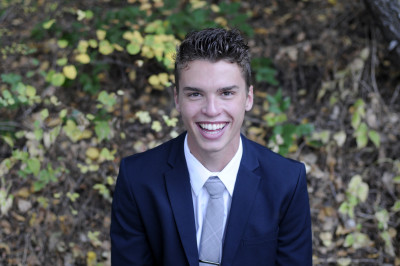In most places that I find myself, people have questions about leadership. How to lead? How to lead better? How to do more with fewer resources? How to create work-life balance?
When these same people are asked to tell stories about their leadership, inevitably they recognize that leadership in these times is a bit crazy. The fact that we can even say that out loud together is a rather good sign.
One of my mentors has said often, the paradigm of leadership is shifting from that of hero to host. Less knowing everything. Less command and control. More convening people together to sense-make, build relationships, to learn, and to accomplish some work together.
Most people I know are learning that there is an inner quality that is essential. A grounding. An ability to stand in uncertainty and in unknowable futures. Many people I know are learning to trust the wisdom of the group, reclaiming an ability to be together to make sense of it all. To reclaim an added quality of life and choice in human endeavor.
Tonight I’m hosting a workshop with a local friend and colleague, Kinde Nebeker. It is called, The Inner and Outer of Evolutionary Leadership.
I’m looking forward to exploring this in the company of 20 participants

